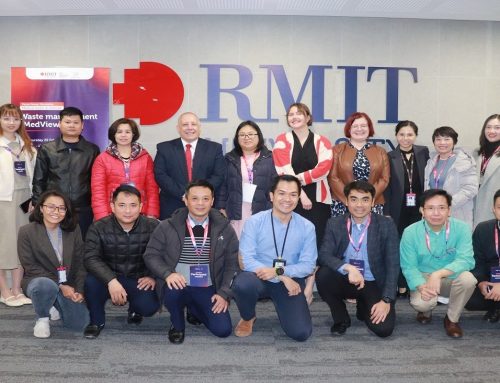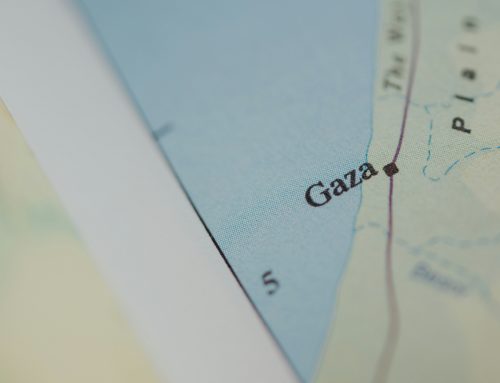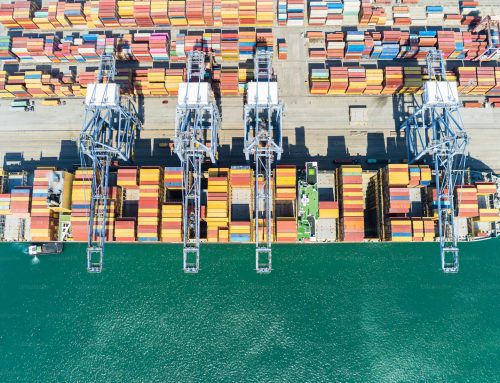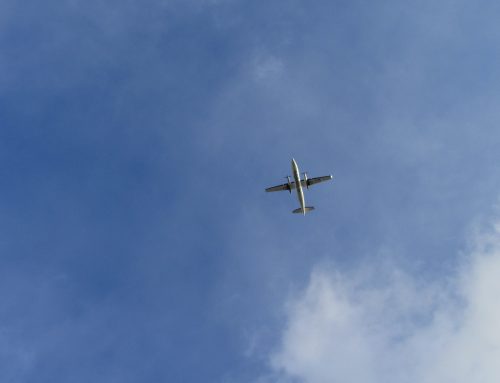07.05.2021
Nari Lee and Gyöngyi Kovács
Intellectual property law has never been far from the international politics. With pandemic raging still in 2021 and the rise of vaccine nationalism, political economy forces us to re-assess system of exclusive rights in international trade agreements. Already contested balancing the incentive for research through exclusive rights and the access, current crisis has pushed intellectual property into hot water of international political economy again.
Since the beginning of COVID-19 pandemic, there have been already several calls for suspension or overriding of patents over COVID-19 drugs and vaccines both from civil society actors and a call from WTO member states (namely India and South Africa) for a waiver from WTO-TRIPs Agreement based obligation, which certainly restricts the global production and distribution during pandemic, since October 2020. A host of wealthy countries including US, EU, Canada and Japan have been opposing this call initially.
Even academics normally critical to the system of intellectually property have been cautious about the call for waiver because as intellectual property, particularly patent waiver alone would not increase the production or improve logistics of distribution whereas it would be set a dangerous precedent for limiting a constitutionally guaranteed private property right1. Moreover, not only ironing out the exemptions in WTO takes time, the final result may be quite limited in scope.
[1] Reto Hilty Director at the Max Planck Institute for Innovation and Competition is quoted to be saying, “Interfering with patent protection means playing with fire.” Interview by Michaela Hutterer, 15 March 2021, Available online: https://www.mpg.de/16579491/patent-protection-vaccines-covid-10-reto-hilty, retrieved on 7 May
We have already seen this with the HIV epidemic in Africa in 1999, which lead to a WTO-ministerial declaration in Doha in 2001, which finally ended as amendment to TRIPs Article 31bis in 2005. Yet it took effect only in 2017 and there are even some countries that have yet to accept that amendment in Article 31bis. Also as result of this, TRIPs has instituted procedure to allow a light ‘patent waiver’ allowing exporting of compulsorily licensed patented pharmaceuticals from countries with manufacturing capacity such as India and South Africa to those countries without such capacity at all. Many industrialized countries chose not to use this waiver.
As it was then, so now the problems are manufacturing capacity, other proprietary information than patents, scope of waiver and logistical efficiency. Even when general manufacturing capacity exist, as is the case of India, there are concerns on specific capacity to produce safe and reliable vaccines and drugs for treatment. Also, as the formal procedure for allowing manufacturing will take time and by the time when the measures are formally adopted, the demand for vaccines may look different, whereas the demand for medicine to treat would increase. There are trade secrets and confidential data as well as no codified knowledge related to the production which research pharmaceutical companies may choose not to reveal, for fear of losing confidentiality not against the governmental authorities but against potential competitors and generic manufacturers. If the scope of this waiver is limited to COVID-19 vaccines, which we fear would be the case, then after the demand for vaccine subsides, problem of access to treatment would still remain. Finally, logistical inefficiency in distribution may even make the newly increase supply go waste. From a supply chain perspective, the earlier a patent is made free, the earlier any company can even think of setting up production. Pharmaceutical production takes years to set up from scratch, much more viable is production changeover of existing pharmaceutical production lines, and within that, at sites that have worked with specific types of vaccines before. Globally, only a few selected sites have worked with mRNA vaccines before. Even for those, production changeover will take about 3-6 months, assuming expedited quality control and paperwork. What is more, it is not only vaccines but many of their ingredients that are in short supply, i.e. there are some current bottlenecks upstream the supply chain. More production sites would be needed for those as well.
Knowing all these, US and EU announced that they will consider intellectual property waiver, potentially upsetting research pharmaceutical companies. So why these largely symbolic gestures? It means that these politicians aim to take the role of international leaders working toward public health. Maybe to give message to pharmaceutical company – a message to collaborate and negotiate better prices for the vaccines. We are also optimistic. We sincerely hope that this means after all these years of academic inks spilled on trying to persuade the governments of the rich countries to think about intellectual property protection in a more balanced manner, and to take fairness seriously. Those efforts are perhaps showing some impact finally and we would see some roll back in expansionist policies in protecting knowledge and information, globally.

Nari Lee is professor of Intellectual property law at Hanken School of Economics. For research on fairness and intellectual property law, contact Prof. Nari Lee and FAME-IP Project (https://harisportal.hanken.fi/sv/projects/fairness-morality-and-equality-in-international-and-european-inte/)
Gyöngyi Kovács is Erkko Professor in Humanitarian Logistics, Humanitarian Logistics and Supply Chain Research Institute, Supply Chain Management & Social Responsibility,
For research on medical supply chain in the COVID-19 pandemic, contact Prof. Gyöngyi Kovács and the HERoS project (www.heros-project.eu)
Blog entry also on IPRinfo: https://iprinfo.fi/




